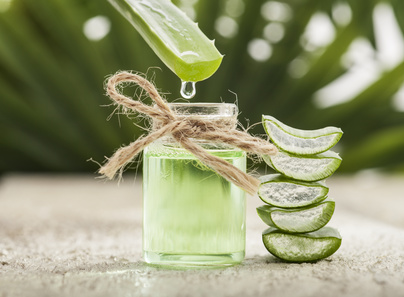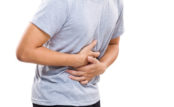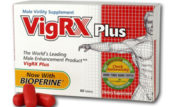There’s an interesting observation in health circles about the French Paradox. That observation is that the French, despite a diet that’s high in saturated fats, have less heart disease.
That’s truly a paradox. On average, the French consume 108 grams of daily fat from animal sources, compared to 72 grams by Americans. The average French person eats four times as much butter, 60% more cheese and three times as much pork. And yet, in 1999, the rate of coronary heart disease for American men was 115 per 100,000. For the French? Just 83.
There’s a secret to French culture that’s garnered attention in recent years, in health circles and amongst a generation of baby boomers, the lead of which is now in its mid 60’s. Clearly the French know something, about disease prevention and healthy lifestyle, that’s applicable to anti-aging and living well. Their secret? Red wine.
That’s another paradox, because we’ve seen that alcohol can destroy the body and accelerate the aging process. But red wine is high in antioxidants, particularly resveratrol, which has anti-aging properties that researchers link to life extension, fewer ailments and prevention of Alzheimer’s.
You’ve probably heard of antioxidants. Simply put, an antioxidant is a molecule that stabilizes chemical reactions in other molecules. These reactions can make free radicals, which can trigger chain reactions that can damage and kill cells. Antioxidants can slow aging, at the cellular level, and prevent a variety of ailments that can strike with increasing years
There are other considerations to the French Paradox, of course. Being on the Mediterranean, French cuisine makes good use of olive oil, whole grains, fruits and vegetables and seafood. The Mediterranean diet is linked to longevity and happiness. And family, and health.
What does this mean? Does red wine really make you live longer? Possibly. Studies show that moderate consumption of red wine can reduce risk of Alzheimer’s by up to 80%. Red wine can make your skin glow, protect it from the sun, and may reduce risk of cancer, diabetes and heart disease.
The key is moderation. That’s a glass a day for women, two for men. While the anti-aging benefits of red wine are potent and far-reaching, too much alcohol can accelerate the aging process, with damage to your brain, bones, kidney, liver, skin, stomach, heart, the list goes on. And don’t drink while pregnant.
With this in mind, you may want to add a glass of red to your diet, for its health benefits, and of course, for enjoyment.
Be aware that there’s a pecking order among red wines and their levels of antioxidants. Cabernet sauvignon tends to have the most antioxidants among American wines, followed closely by petite syrah and pinot noir. But Oregonian pinot noirs tend to have the most antioxidants of all American reds, and merlots and red zinfandels have the lowest.
Don’t limit yourself to American wines either. European reds generally have more antioxidants than American, and curiously, Chilean pinot noirs are among the highest in antioxidants of all red wines.
Also remember that red wine can stain teeth. Brush your teeth for at least two minutes after drinking red wine. Better yet, brush your teeth and eat an apple, which in itself is a great source of antioxidants, and also has chemicals that can protect teeth from stains.
That said, a glass of red can reduce stress and make your day more enjoyable. Drink red wine with family and friends. Make it part of your daily ritual, to live longer, and better. Few anti-aging secrets are as effective, or as pleasant.
We protect your privacy, and we use cookies to optimize your experience. Continued use of the website means you accept our Cookie Policy and Privacy Policy.




